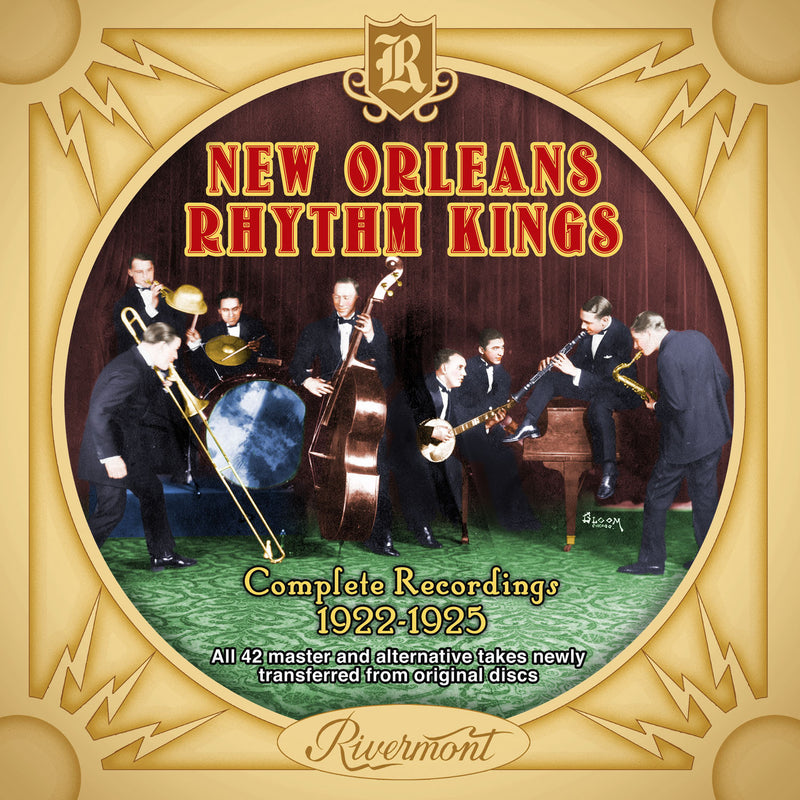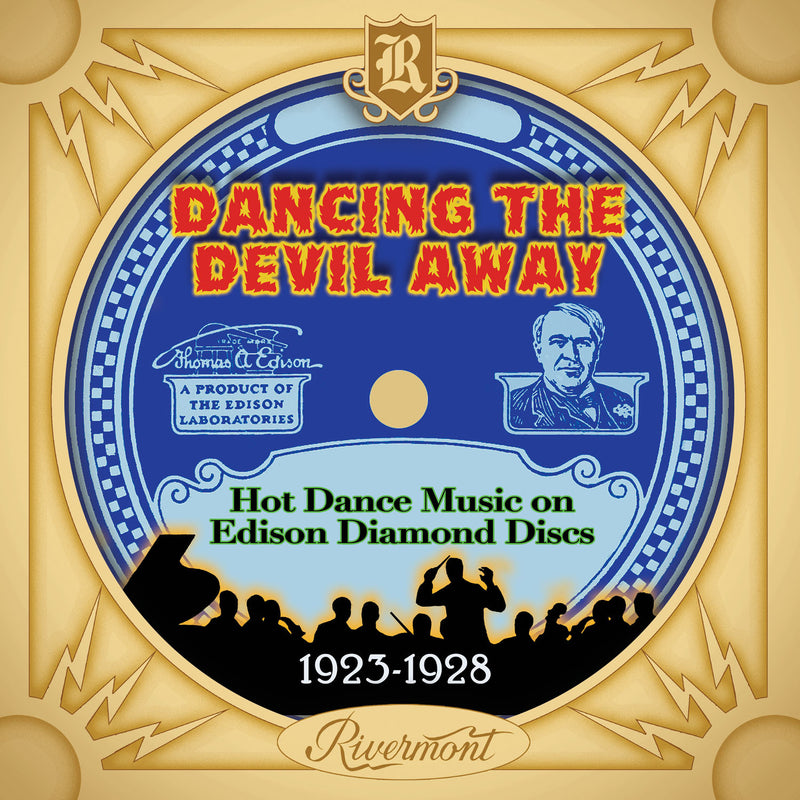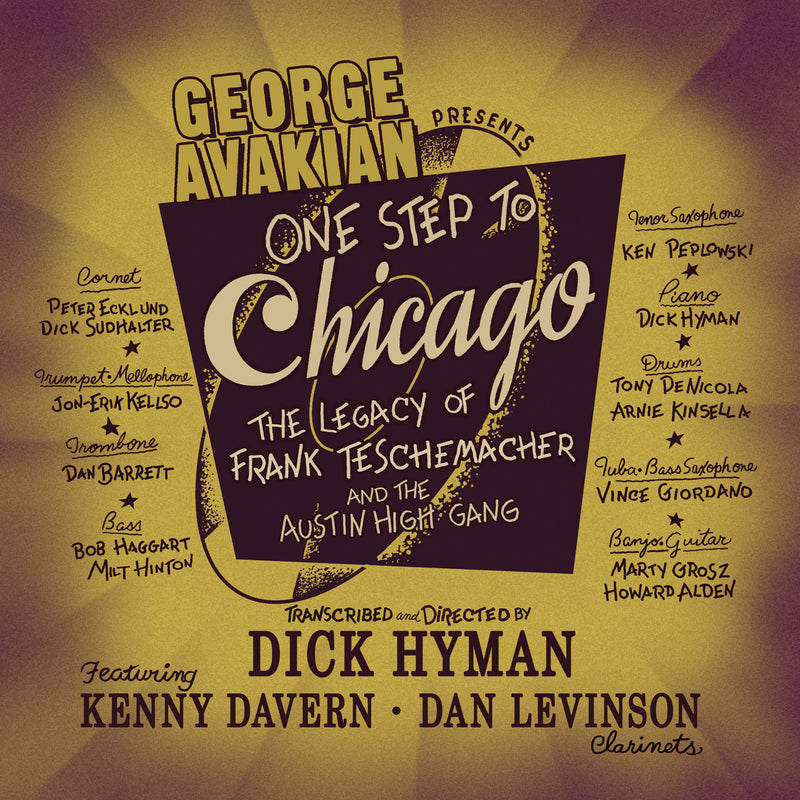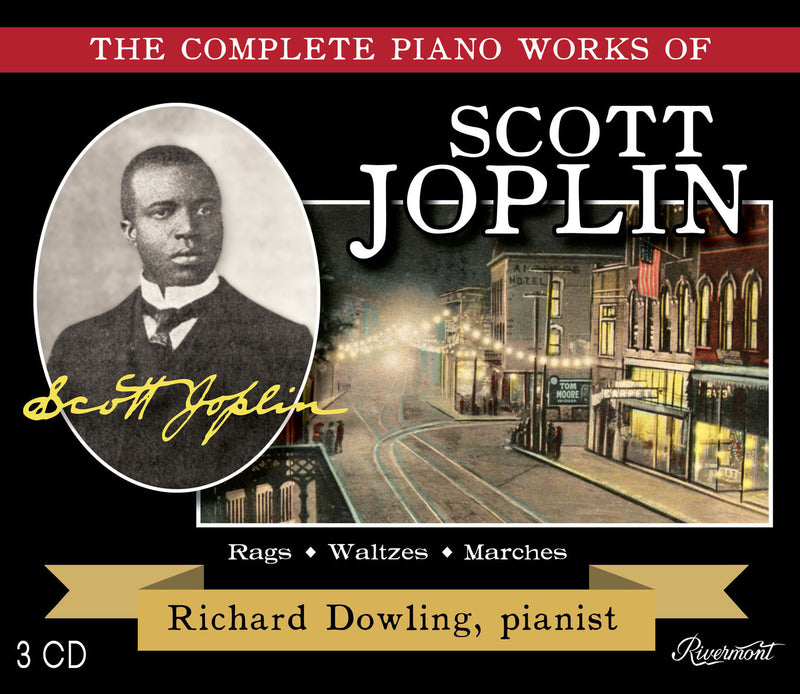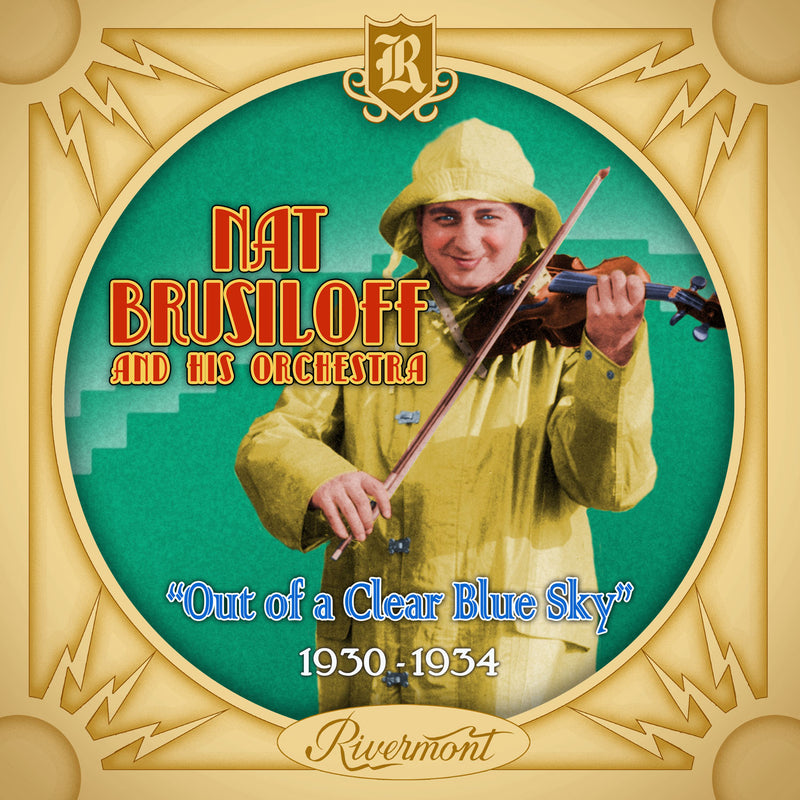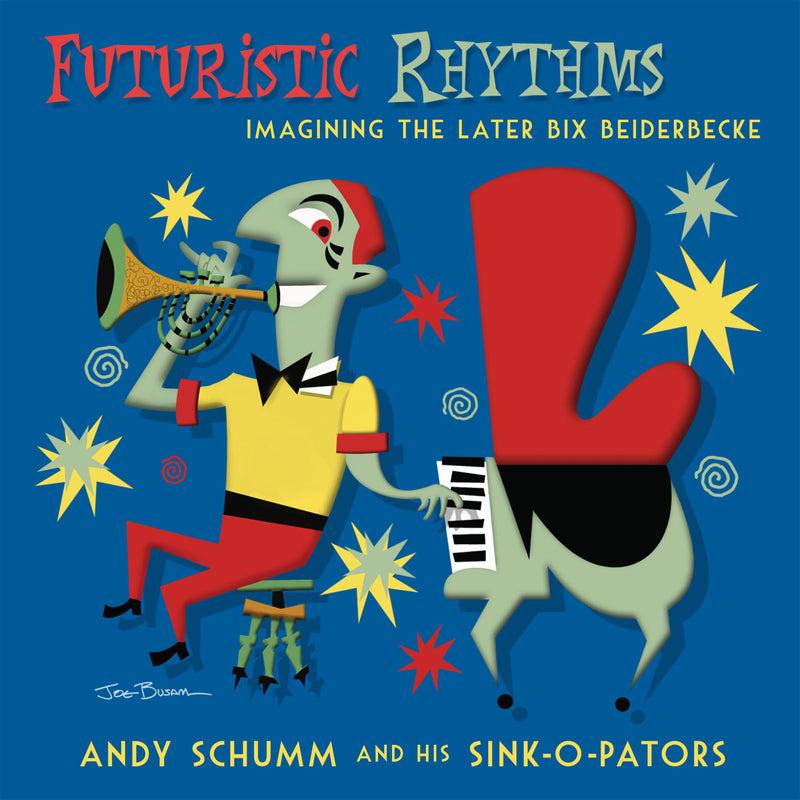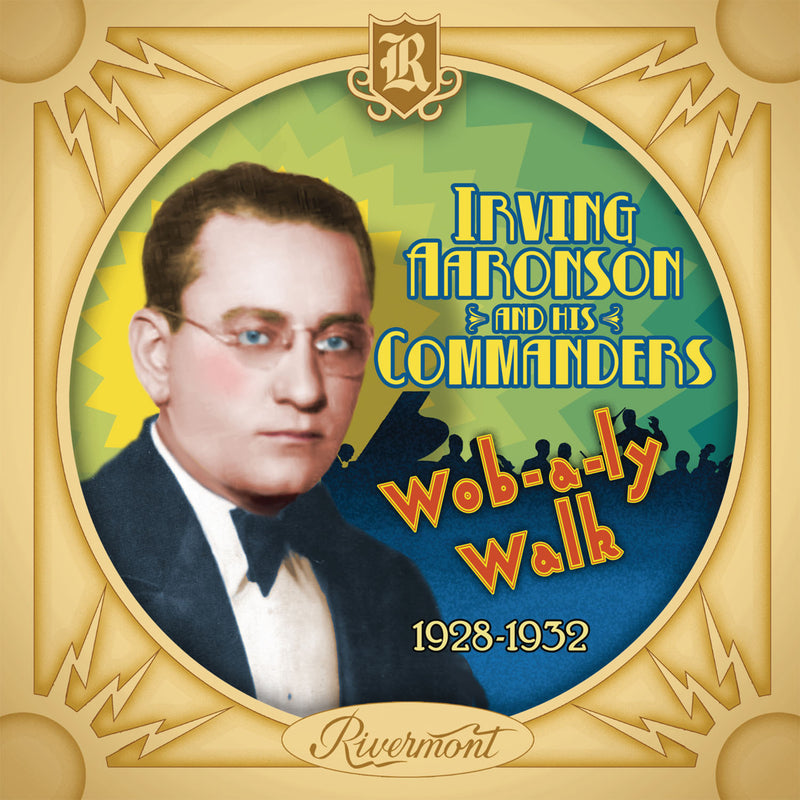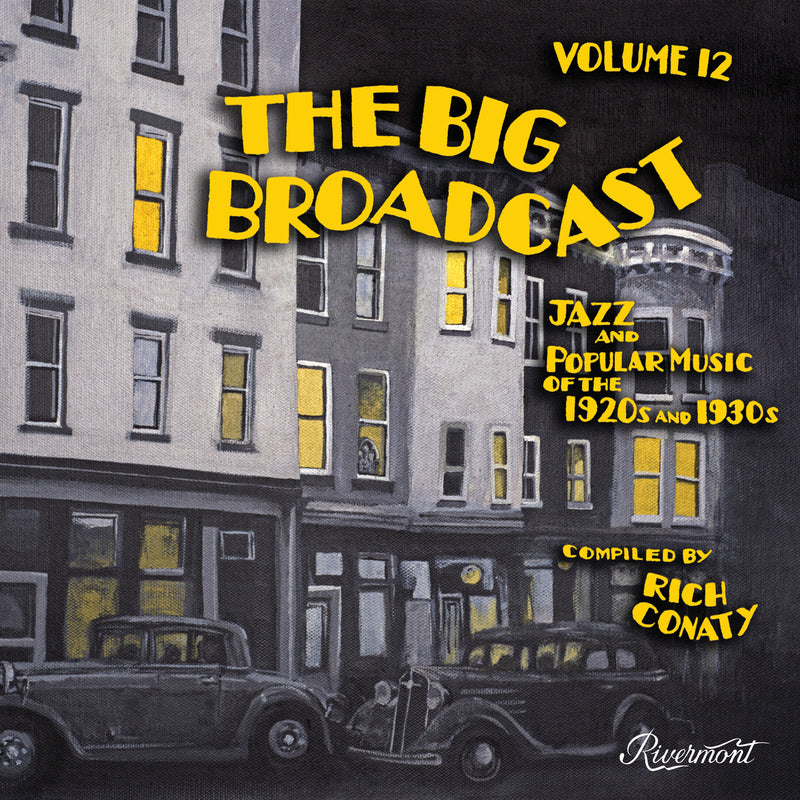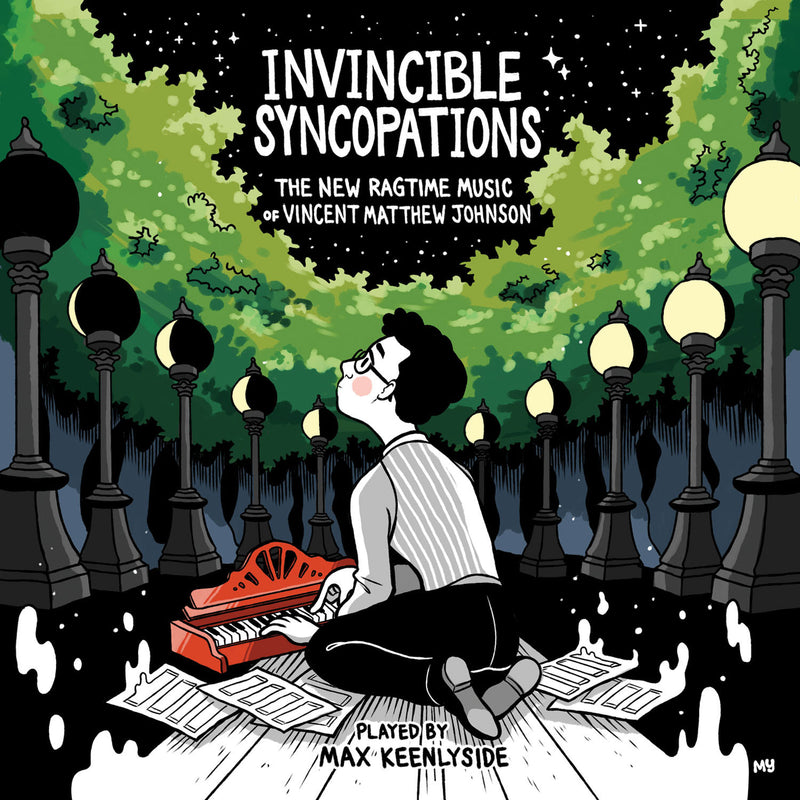{"id":11993819855,"title":"Makin' Glory!","handle":"3135","description":"\u003cp\u003e\u003cstrong\u003e\u003cspan style=\"color: #cc0000;\"\u003eSOLD OUT. We're sorry, this title is currently unavailable.\u003cbr\u003e\u003c\/span\u003e\u003c\/strong\u003e\u003c\/p\u003e\n\u003cp\u003eFor years, the name 'Cile Turner has been a curious mystery to rock 'n' roll record collectors around the globe. In the past three decades, her 1959 recording of \"Crap Shootin' Sinner\" has been reissued on several notable compilations of early rockabilly and rhythm 'n' blues records (one of them colorfully titled \u003cem\u003eT-Bird Party: A Swangin' Slew O' Greasy R\u0026amp;B\u003c\/em\u003e), leading some on the internet to speculate that she was an obscure African-American singer of \"gritty blues\" who lived hard and died young. Collectors as far away as Europe, South America, and Japan regularly snap up used copies of her records when they are offered for sale, occasionally at prices stretching into the triple digits. Many of them may not know much about the woman behind the records, but they recognize the quality and uniqueness of her music. One reviewer recently wrote of Turner's music: \"I love listening to it and have never heard anything quite like it.\"\u003cbr\u003e\u003cbr\u003eIn a career that spanned from the 1920s to the 1970s, Turner established herself as versatile performer: she was a historian, storyteller, and consummate musician. She composed, sang, and played a number of instruments including piano, guitar, drums, pots, pans, and anything else she might find useful--and she did it all with exceptional skill. Throughout her life, she was particularly drawn to the folk music of African-Americans and for a time became nationally known as one of the music's foremost experts and performers, appearing on records, radio, television, and at the White House. As a white \"Virginia lady\" championing the music of African-Americans in the still-segregated South, Turner challenged conventional assumptions about women's roles in society in the early twentieth century to pursue her passion for black folk music. As a young woman, she frequently found herself at odds with her parents, who disapproved of her performing career, thinking that a woman's place was in the home. Still, Turner's passion for the music and love of performing drove her to continue her efforts.\u003cbr\u003e\u003cbr\u003eLucile ('Cile) Turner was born in Southside Virginia in 1895. As a child, she showed a strong affinity for music and the theater, so at the age of 13 her parents sent her north to study piano and voice at the New England Conservatory of Music. Within a short time, she attracted attention from outside the Conservatory for her singing of African-American folk songs and spirituals. In the 1920s, she began traveling, singing the songs she had learned as a child. By 1930, she was starring in her own popular coast-to-coast radio program on NBC (heard Friday evenings just after Amos 'n' Andy on the same network). She made regular tours of the country throughout the 1930s and into the 1940s. In 1947, she made her first commercial recordings, a set of three 78 rpm records called \"Blue Jeans.\" Soon thereafter, she signed a contract with Colonial Records and cut a full length LP called \u003cem\u003e'Cile Sings\u003c\/em\u003e (later retitled \u003cem\u003eSongs of the American South\u003c\/em\u003e) and a handful of 45 rpm records, many featuring Elvis Presley's back-up vocal group, The Jordanaires. Several of her records, including \"Crap Shootin' Sinner\" and \"The Golden Rule\" became minor hits in 1959 and 1960, reaching the Top 40 popular music charts in several major cities. Turner continued to travel and perform until the late 1960s. She died in 1979.\u003cbr\u003e\u003cbr\u003eThe first CD in this deluxe 2-CD set contains all of Turner's commercial recordings (her 78s, 45s, and \u003cem\u003e'Cile Sings\u003c\/em\u003e LP). The second disc contains 80 minutes of previously unreleased rarities, including alternate takes, radio broadcast excerpts, private recordings, and a live concert performance. The accompanying 32-page full-color booklet features over a dozen photographs and a comprehensive essay by Bryan S. Wright.\u003cbr\u003e\u003cbr\u003e'Cile Turner's music is a blend of traditional African-American folk music and rockabilly with a hint of blues. A reporter for TIME Magazine once wrote \"Smoky-eyed Lucile Barrow Turner is the poised, ingratiating, slightly helpless-seeming epitome of Southern ladyhood. But when she cuts loose on a blues or 'shoutin'' spiritual, she gives the effect of a New Orleans barrel-house contralto.\" A columnist for the North Carolina News and Observer went so far as to say \"Mrs. Turner sings like Bessie Smith, Ma Rainey, and a Negro spiritual choir all rolled into one.\"\u003cbr\u003e\u003cbr\u003e\"Like Robert Burns, Lucile Turner shows how important and moving a simple art can become when it is in the hands of one who is deeply serious, deeply humorous, and a poet.\" -- James Boyd\u003cbr\u003e\u003cbr\u003e\"Mrs. Turner...brings to her art sympathy without bathos, sentiment without sentimentality. I was greatly moved by her roles. Mrs. Turner is a creative artist touched with genius.\" -- James Weldon Johnson\u003cbr\u003e\u003cbr\u003e\"Lucile Barrow Turner has an extraordinarily exciting voice, a perfect sense of rhythm, and a powerful instinct for the dramatic as well as a delicious humorous slant...She makes a decided contribution to folklore as well as to entertainment.\" -- John Mason Brown \u003cbr\u003e\u003cbr\u003e158 minutes on two CDs. Recorded 1933-1962.\u003cbr\u003e\u003cbr\u003e\u003cem\u003eRivermont catalogue number: BSW-3135\u003c\/em\u003e\u003c\/p\u003e","published_at":"2020-01-15T12:14:59-05:00","created_at":"2017-09-21T20:34:35-04:00","vendor":"'Cile Turner","type":"Rivermont","tags":["Blues","BSW-3000","Folk","Vocal"],"price":2495,"price_min":2495,"price_max":2495,"available":false,"price_varies":false,"compare_at_price":2495,"compare_at_price_min":2495,"compare_at_price_max":2495,"compare_at_price_varies":false,"variants":[{"id":49731276623,"title":"Default Title","option1":"Default Title","option2":null,"option3":null,"sku":"3135","requires_shipping":true,"taxable":true,"featured_image":null,"available":false,"name":"Makin' Glory!","public_title":null,"options":["Default Title"],"price":2495,"weight":170,"compare_at_price":2495,"inventory_quantity":0,"inventory_management":"shopify","inventory_policy":"deny","barcode":"880547334277","requires_selling_plan":false,"selling_plan_allocations":[]}],"images":["\/\/rivermontrecords.com\/cdn\/shop\/products\/3135-cover-1500pxh.jpg?v=1506040743","\/\/rivermontrecords.com\/cdn\/shop\/products\/3135-back-1500pxh.jpg?v=1506040743"],"featured_image":"\/\/rivermontrecords.com\/cdn\/shop\/products\/3135-cover-1500pxh.jpg?v=1506040743","options":["Title"],"media":[{"alt":null,"id":638387486781,"position":1,"preview_image":{"aspect_ratio":1.0,"height":1500,"width":1500,"src":"\/\/rivermontrecords.com\/cdn\/shop\/products\/3135-cover-1500pxh.jpg?v=1506040743"},"aspect_ratio":1.0,"height":1500,"media_type":"image","src":"\/\/rivermontrecords.com\/cdn\/shop\/products\/3135-cover-1500pxh.jpg?v=1506040743","width":1500},{"alt":null,"id":638387454013,"position":2,"preview_image":{"aspect_ratio":1.153,"height":1500,"width":1730,"src":"\/\/rivermontrecords.com\/cdn\/shop\/products\/3135-back-1500pxh.jpg?v=1506040743"},"aspect_ratio":1.153,"height":1500,"media_type":"image","src":"\/\/rivermontrecords.com\/cdn\/shop\/products\/3135-back-1500pxh.jpg?v=1506040743","width":1730}],"requires_selling_plan":false,"selling_plan_groups":[],"content":"\u003cp\u003e\u003cstrong\u003e\u003cspan style=\"color: #cc0000;\"\u003eSOLD OUT. We're sorry, this title is currently unavailable.\u003cbr\u003e\u003c\/span\u003e\u003c\/strong\u003e\u003c\/p\u003e\n\u003cp\u003eFor years, the name 'Cile Turner has been a curious mystery to rock 'n' roll record collectors around the globe. In the past three decades, her 1959 recording of \"Crap Shootin' Sinner\" has been reissued on several notable compilations of early rockabilly and rhythm 'n' blues records (one of them colorfully titled \u003cem\u003eT-Bird Party: A Swangin' Slew O' Greasy R\u0026amp;B\u003c\/em\u003e), leading some on the internet to speculate that she was an obscure African-American singer of \"gritty blues\" who lived hard and died young. Collectors as far away as Europe, South America, and Japan regularly snap up used copies of her records when they are offered for sale, occasionally at prices stretching into the triple digits. Many of them may not know much about the woman behind the records, but they recognize the quality and uniqueness of her music. One reviewer recently wrote of Turner's music: \"I love listening to it and have never heard anything quite like it.\"\u003cbr\u003e\u003cbr\u003eIn a career that spanned from the 1920s to the 1970s, Turner established herself as versatile performer: she was a historian, storyteller, and consummate musician. She composed, sang, and played a number of instruments including piano, guitar, drums, pots, pans, and anything else she might find useful--and she did it all with exceptional skill. Throughout her life, she was particularly drawn to the folk music of African-Americans and for a time became nationally known as one of the music's foremost experts and performers, appearing on records, radio, television, and at the White House. As a white \"Virginia lady\" championing the music of African-Americans in the still-segregated South, Turner challenged conventional assumptions about women's roles in society in the early twentieth century to pursue her passion for black folk music. As a young woman, she frequently found herself at odds with her parents, who disapproved of her performing career, thinking that a woman's place was in the home. Still, Turner's passion for the music and love of performing drove her to continue her efforts.\u003cbr\u003e\u003cbr\u003eLucile ('Cile) Turner was born in Southside Virginia in 1895. As a child, she showed a strong affinity for music and the theater, so at the age of 13 her parents sent her north to study piano and voice at the New England Conservatory of Music. Within a short time, she attracted attention from outside the Conservatory for her singing of African-American folk songs and spirituals. In the 1920s, she began traveling, singing the songs she had learned as a child. By 1930, she was starring in her own popular coast-to-coast radio program on NBC (heard Friday evenings just after Amos 'n' Andy on the same network). She made regular tours of the country throughout the 1930s and into the 1940s. In 1947, she made her first commercial recordings, a set of three 78 rpm records called \"Blue Jeans.\" Soon thereafter, she signed a contract with Colonial Records and cut a full length LP called \u003cem\u003e'Cile Sings\u003c\/em\u003e (later retitled \u003cem\u003eSongs of the American South\u003c\/em\u003e) and a handful of 45 rpm records, many featuring Elvis Presley's back-up vocal group, The Jordanaires. Several of her records, including \"Crap Shootin' Sinner\" and \"The Golden Rule\" became minor hits in 1959 and 1960, reaching the Top 40 popular music charts in several major cities. Turner continued to travel and perform until the late 1960s. She died in 1979.\u003cbr\u003e\u003cbr\u003eThe first CD in this deluxe 2-CD set contains all of Turner's commercial recordings (her 78s, 45s, and \u003cem\u003e'Cile Sings\u003c\/em\u003e LP). The second disc contains 80 minutes of previously unreleased rarities, including alternate takes, radio broadcast excerpts, private recordings, and a live concert performance. The accompanying 32-page full-color booklet features over a dozen photographs and a comprehensive essay by Bryan S. Wright.\u003cbr\u003e\u003cbr\u003e'Cile Turner's music is a blend of traditional African-American folk music and rockabilly with a hint of blues. A reporter for TIME Magazine once wrote \"Smoky-eyed Lucile Barrow Turner is the poised, ingratiating, slightly helpless-seeming epitome of Southern ladyhood. But when she cuts loose on a blues or 'shoutin'' spiritual, she gives the effect of a New Orleans barrel-house contralto.\" A columnist for the North Carolina News and Observer went so far as to say \"Mrs. Turner sings like Bessie Smith, Ma Rainey, and a Negro spiritual choir all rolled into one.\"\u003cbr\u003e\u003cbr\u003e\"Like Robert Burns, Lucile Turner shows how important and moving a simple art can become when it is in the hands of one who is deeply serious, deeply humorous, and a poet.\" -- James Boyd\u003cbr\u003e\u003cbr\u003e\"Mrs. Turner...brings to her art sympathy without bathos, sentiment without sentimentality. I was greatly moved by her roles. Mrs. Turner is a creative artist touched with genius.\" -- James Weldon Johnson\u003cbr\u003e\u003cbr\u003e\"Lucile Barrow Turner has an extraordinarily exciting voice, a perfect sense of rhythm, and a powerful instinct for the dramatic as well as a delicious humorous slant...She makes a decided contribution to folklore as well as to entertainment.\" -- John Mason Brown \u003cbr\u003e\u003cbr\u003e158 minutes on two CDs. Recorded 1933-1962.\u003cbr\u003e\u003cbr\u003e\u003cem\u003eRivermont catalogue number: BSW-3135\u003c\/em\u003e\u003c\/p\u003e"}
Related Products
New Orleans Rhythm Kings: Complete Recordings (1922-1925)
New Orleans Rhythm Kings
$29.95
(CD)
$24.95
(Apple Lossless)
$19.95
(MP3)
Dancing the Devil Away: Hot Dance Music on Edison Diamond Discs (1923-1928)
Various Artists
$15.95
(CD)
$9.95
(MP3)
One Step to Chicago: The Legacy of Frank Teschemacher and the Austin High Gang
Various Artists
$24.95
(CD)
$39.95
(Vinyl LP + MP3)
$16.95
(Apple Lossless)
$13.95
(MP3)
The Complete Piano Works of Scott Joplin
Richard Dowling
$34.95
(CD)
$29.95
(Apple Lossless)
$24.95
(MP3)
Out of a Clear Blue Sky (1930-1934)
Nat Brusiloff and His Orchestra
$29.95
(CD)
$24.95
(Apple Lossless)
$19.95
(MP3)
Futuristic Rhythms: Imagining the Later Bix Beiderbecke
Andy Schumm and His Sink-O-Pators
$15.95
(CD)
$12.95
(Apple Lossless)
$9.95
(MP3)
The Big Broadcast, Volume 12: Jazz and Popular Music of the 1920s and 1930s
Various Artists
$15.95
(CD)
$12.95
(Apple Lossless)
$9.95
(MP3)
Invincible Syncopations: The New Ragtime Music of Vincent Matthew Johnson
Max Keenlyside
$15.95
(CD)
$12.95
(Apple Lossless)
$9.95
(MP3)

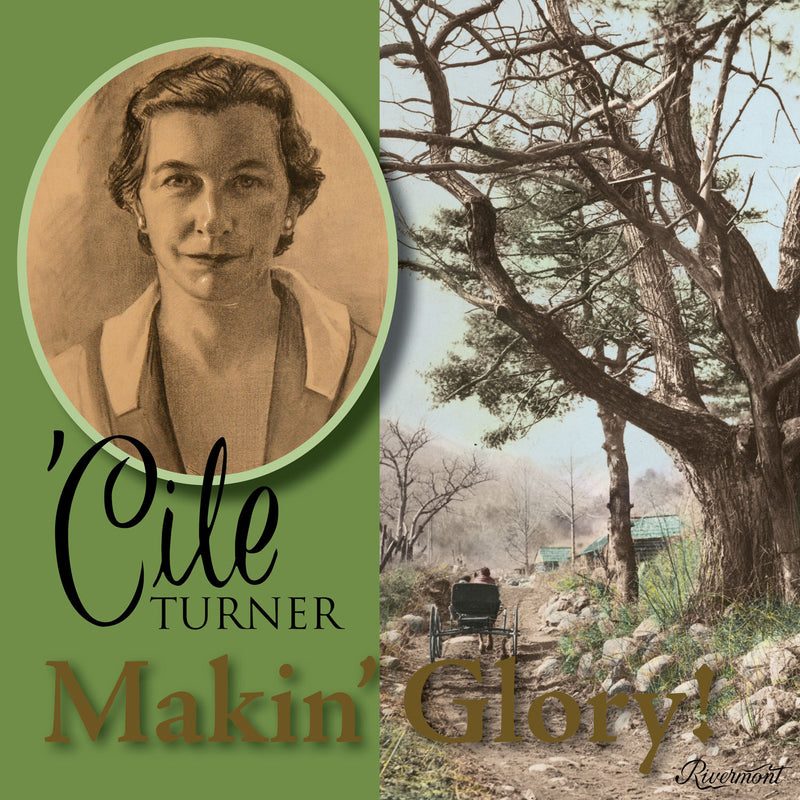

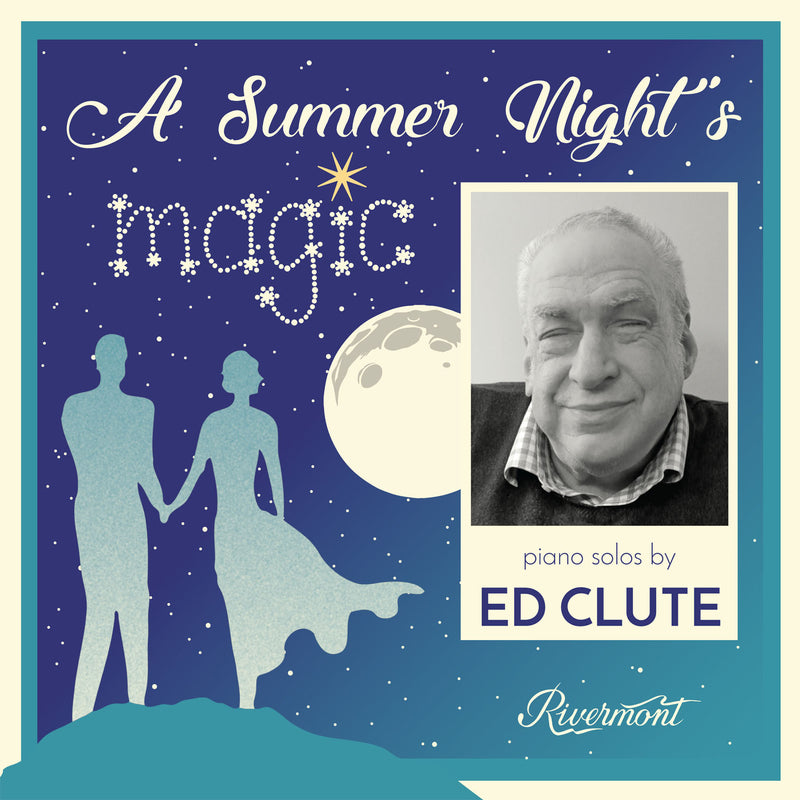
![Happy Feet [78 rpm]](http://rivermontrecords.com/cdn/shop/products/596-front-1500pxh_800x.jpg?v=1562033599)
